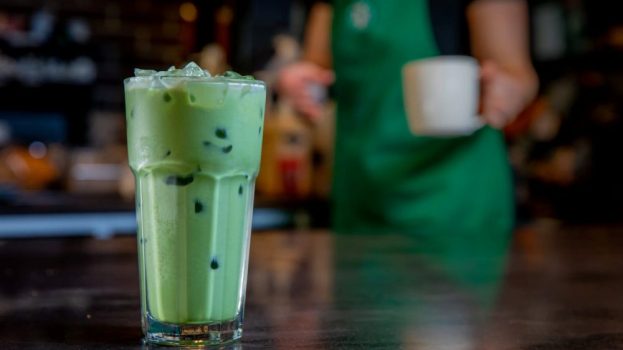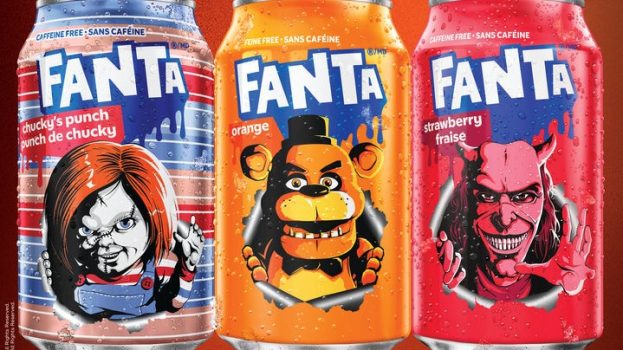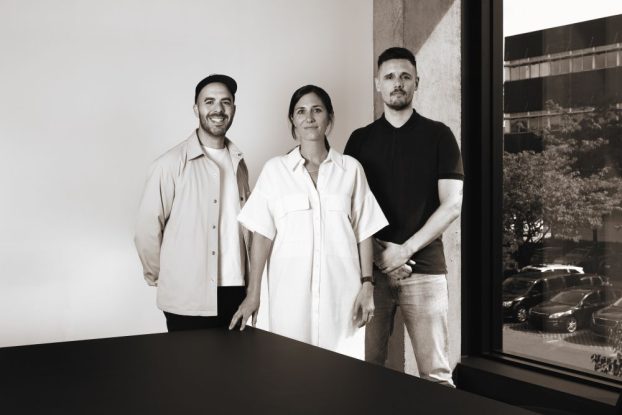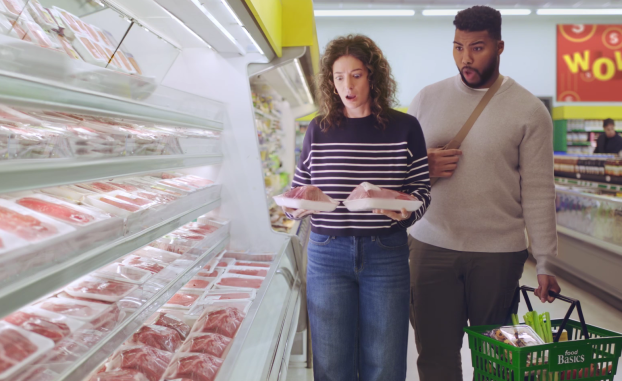Just over half of Canadians care more about public safety than pubs, according to an Accenture survey, which also finds that booze brands can boost digital adoption to enhance consumer convenience and trust.
Accenture surveyed over 8,850 consumers online across 20 countries, including 410 in Canada, in the second half of June.
The report found that 56% of Canadians are reluctant to visit bars in the next six months. And it appears fears are well-founded: this week, a pandemic spike linked to a south shore Montreal bar had the Quebec Health Minister Christian Dubé saying the province will shut down bars and nightclubs if they aren’t regulation-compliant. In the U.S., scenes of people crowding restaurants and bars have come alongside massive reported increases in the number of new cases.
The report suggests that brands should focus their efforts on home consumption, as “quarantini” cocktail hours, digital pub quizzes, and university students’ Zoom-themed drinking games that were keeping people sociable in the early days of social distancing could have a lasting impact: 44% of Canadian consumers say they are likely to continue to socialize virtually with family and friends moving forward, and 69% report their highest level of comfort is with visiting the home of a friend or a relative.
“Online and retail sales may be soaring for some brands as shoppers are forced to refocus on home consumption during lockdowns, but this is more than offset by the collapse in bar and restaurant sales and catering for events and large gatherings,” according to Kelly Askew, managing director for Accenture. While the reverberations from COVID cut across categories, Askew says the alcoholic beverage sector will have a particularly challenging recovery.
Still, she says, with staycations keeping people in place, the best way to head towards recovery is not to lament or push for the reopening of their foodservice channels, but to explore how they can create authentic products and experiences to appeal to consumers who are staying close to home. She adds that alcoholic beverage companies have a real opportunity to tap into this new way of socializing, yet still be present in consumers’ physical worlds by using technology to maintain relationships across both, as a means to enhance consumer experience, trust and convenience. Brands have already jumped into the fray, with the likes of Steam Whistle hosting home office happy hours to keep people connected and wineries hosting virtual tastings. Big players like Molson are also working with third party e-commerce delivery partners like The Beer Guys to fulfill orders. At the onset of the crisis in March, Labatt-owned Mill St. launched its first ecommerce store.
The crisis, Askew says, will likely lead to a seminal change on how people think about consumption even once bars are a safer place to visit. “Our research points to new consumer behaviour which will likely outlast the pandemic, something that Canadian businesses must factor into long-term recovery planning.”























